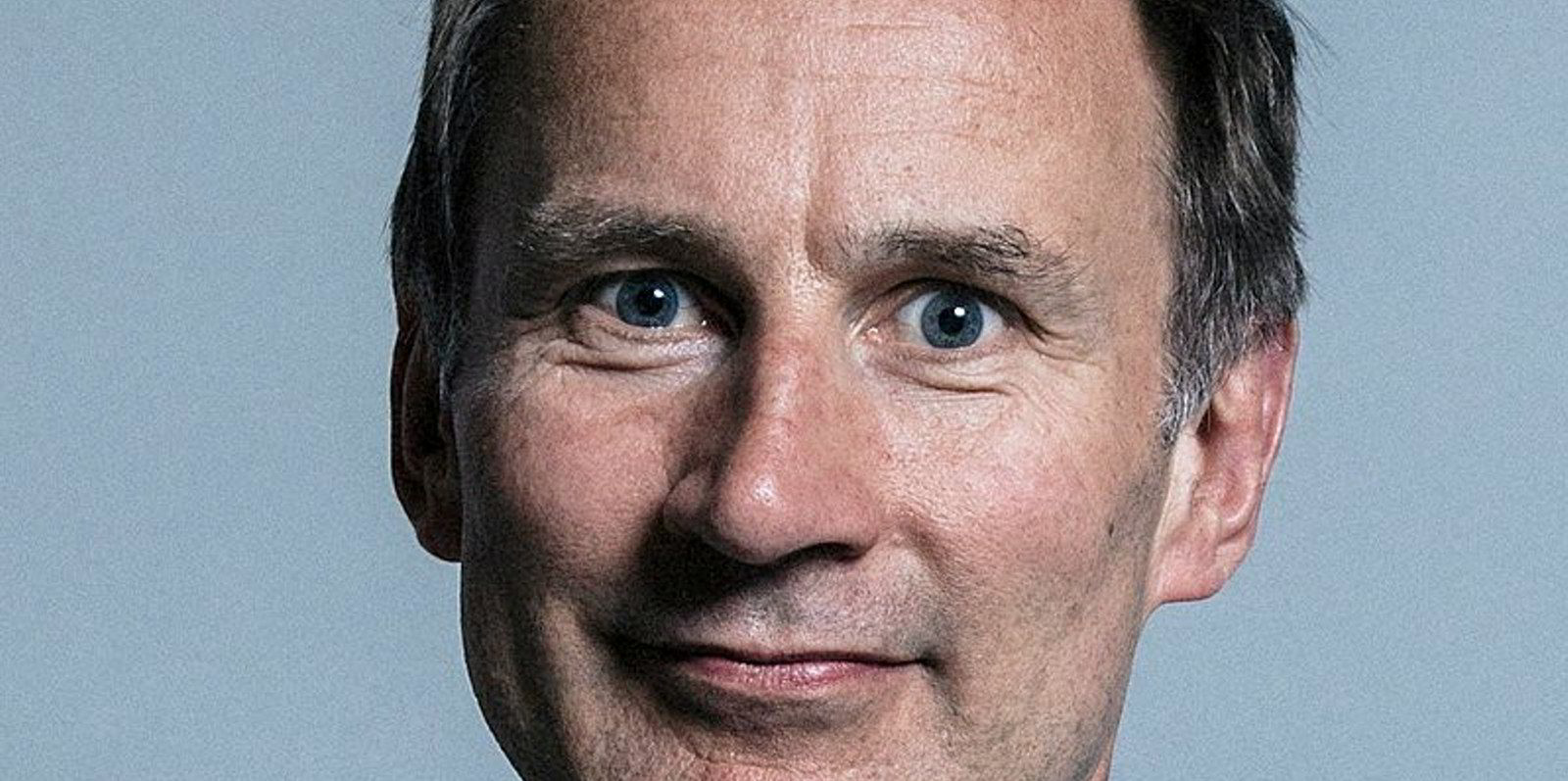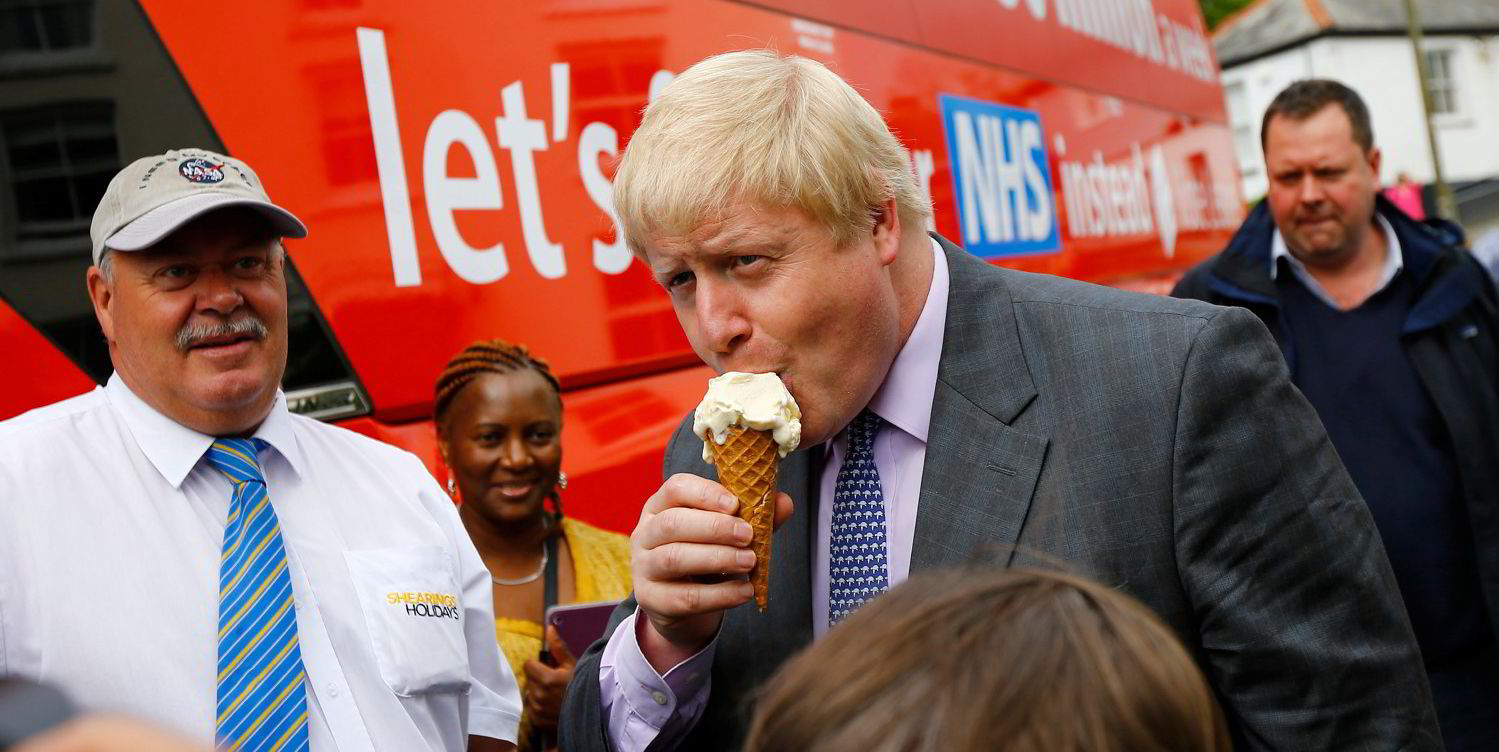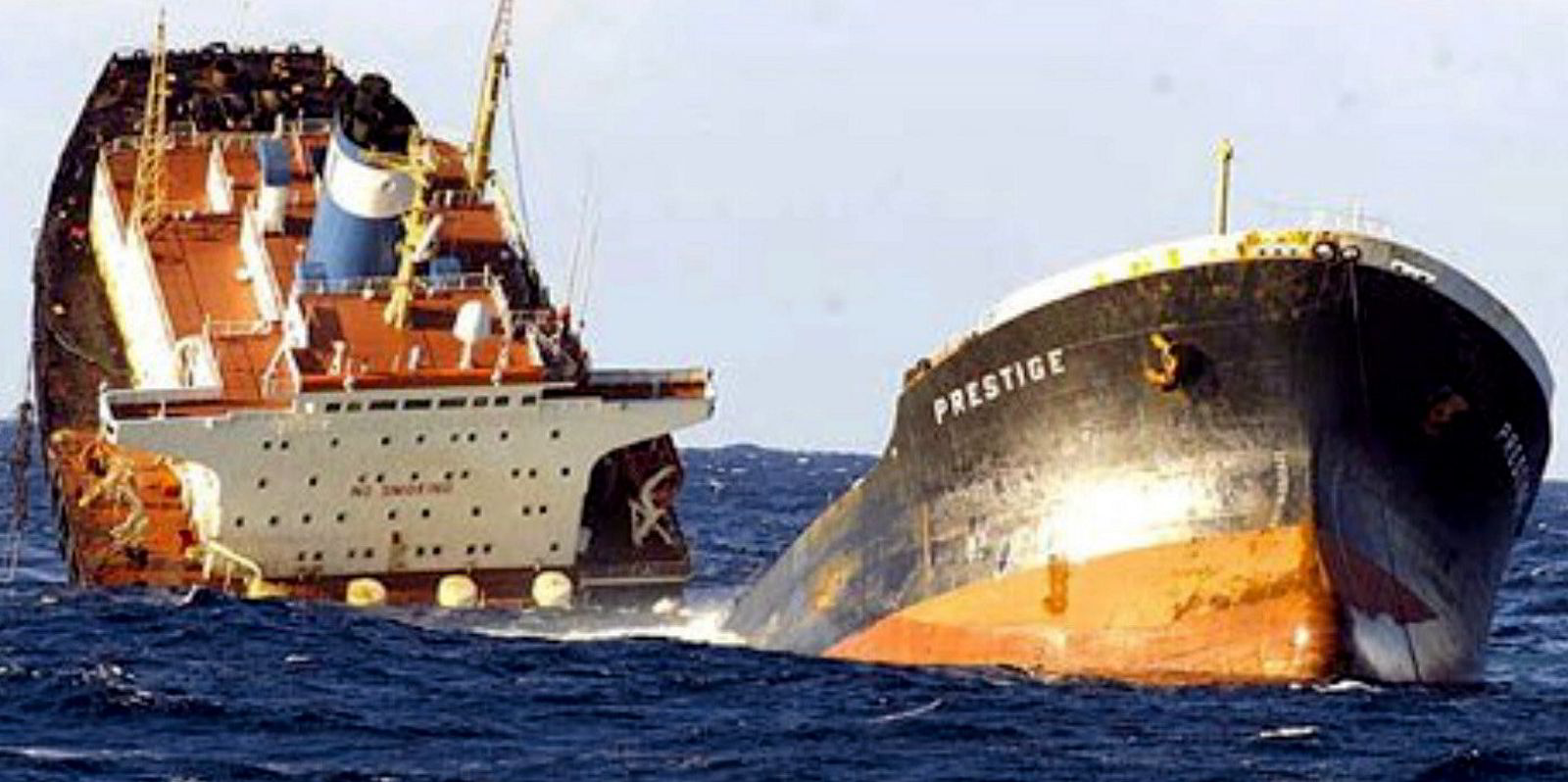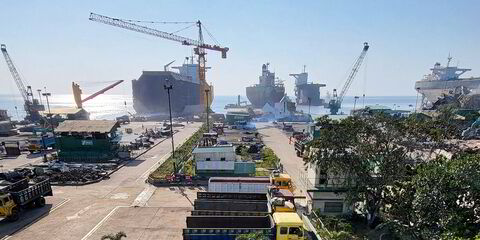If there is a theory that underpins US-led policies on global oil transportation, look no further than former British prime minister Boris Johnson.
He was the champion of the political doctrine that came to be known as “cakeism” — the idea that complex political decision-making could be a zero-sum game with lots of benefits and no downside.
“My policy on cake is pro having it and pro eating it,” he once said in a statement that became symbolic of his policy on leaving the European Union.
How else to explain the G7’s ambitious plan to limit revenues to the Kremlin, while keeping Russian oil flowing to the countries that most need it and keeping global prices down?
The oil cap — initially for crude and next month for refined oil products — was cobbled together to mitigate the most economically damaging effects of a European ban on seaborne Russian oil imports.
Without the cap, measures introduced on 5 December would have barred European owners, insurers and financiers from Russian oil trades. Supplies would have been cut to non-EU states, prices driven up and emerging economies reliant on Russian oil turned into opponents of Western leaders.
Widespread scepticism
Despite widespread scepticism and the failure to sign up key buyers China and India, early evidence suggests a level of success for the cap. Prices of Russian Urals crude have consistently traded below the $60 price cap and global oil prices have not spiked to the near $130 per barrel seen in the weeks after the invasion.
Luck has played a role. Global economic woes have depressed oil prices, allowing European ships to continue hauling Russian cargoes without falling foul of the cap. Mild weather has staved off a European winter energy crisis.
But the scheme’s successes are fragile. If prices rise, taking Russian crude above the cap, European shipping interests that refuse to lift oil priced above $60 a barrel will be sidelined. Russian production could be cut, with prices rising further. President Vladimir Putin has also vowed to take further action against buyers of cut-price Russian barrels from 1 February.
For tanker owners and operators still seeking lucrative premiums for hauling Russian oil, the complex calculation of risk of enforcement, reputational damage and outsize rewards becomes crucial to trading strategies.
The EU has little history of tough sanctions enforcement. Recognising weaknesses, the European Commission, its executive arm, has repeatedly sought to strengthen its hand after announcing nine rounds against Russia.

Enforcement is under the control of the 27 member states, with varying levels of expertise and motivation. Shipping has complained that the EU has not been able to give clear answers to complex questions that have arisen from the regulations.
The UK has published a nine-page form for reporting suspected breaches by those believed to have broken sanctions or price cap rules. British companies — notably insurers — have a legal obligation to report suspected cases.
Responsibility for investigating the breaches lies with the Office of Financial Sanctions Implementation, a Treasury unit. Asked how many reports had been lodged in the first month of the oil price cap’s operation, the Treasury declined to comment. It said figures would be published towards the end of 2023.
Even if authorities do act, the penalties are limited.
Breaking the rules
Falling foul of the price cap could lead to a three-month ban from insurance or other European services, according to the EU’s rules. In the UK, the maximum fine would be 50% of the value of the breach or £1m ($1.23m), whichever is greater.
Shipbroker Braemar said this week that some traders are including clauses in charterparties that exclude tankers involved in recent Russian trades. It raised the possibility of an increasingly dedicated Russian fleet with non-European protection and indemnity insurance.
For Europe, the longer-term effect could be a loss of tonnage to tanker and insurance businesses running cheaper operations in India, the United Arab Emirates and China — and never getting them back.




